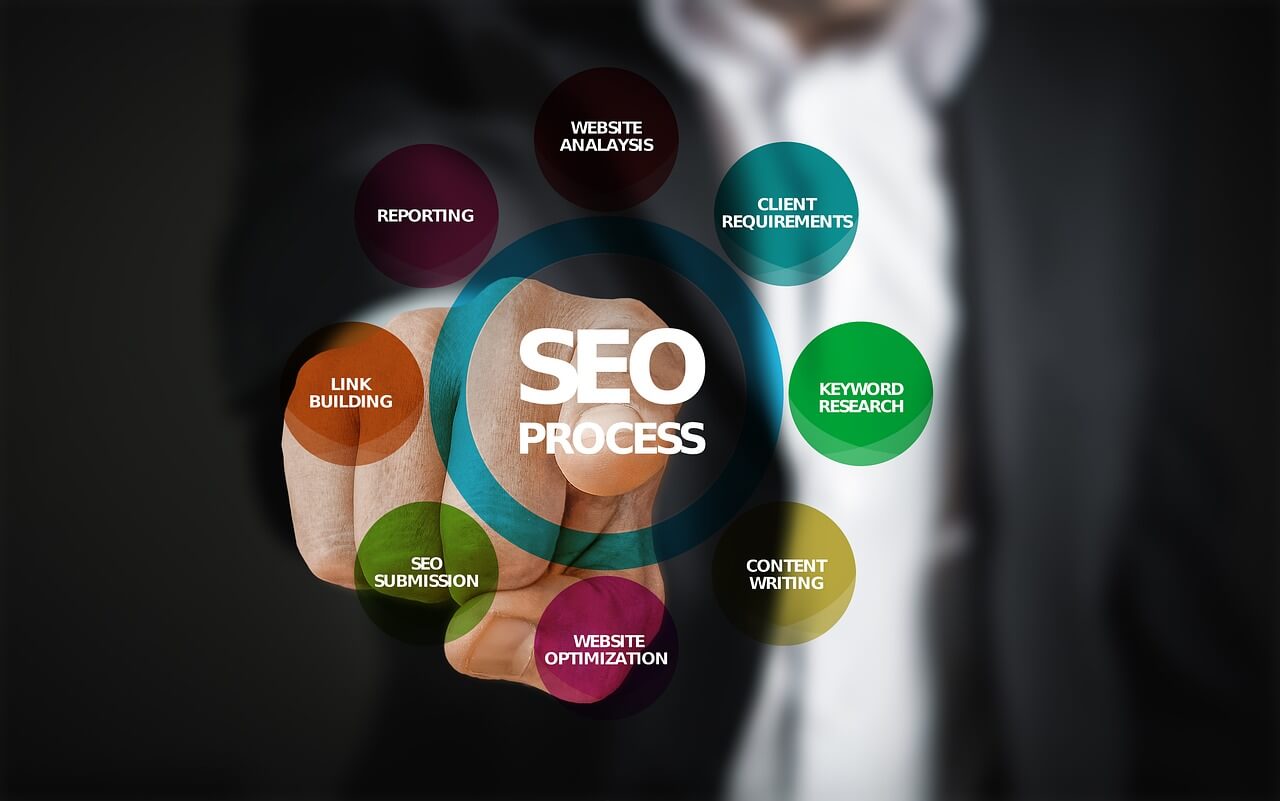Off-Page SEO includes everything you do, not on your website, to increase its rank. It involves more than just link-building, it’s about increasing popularity, trustworthiness, and authority.
There are many ways to achieve these factors. It all comes down to gaining “votes” from other reputable sources that can vouch for you; this can be either with a link or a promotion.
Off-Page SEO versus On-Page SEO
On-Page SEO is all optimization on your website, such as improving page speed or adding metadata. You have full control of On-Page SEO. On the contrary Off-Page SEO you very little or no control over. Having a backlink from another authoritative domain doesn’t entail you making changes to your page. Therefore, you have more control over On-Page SEO. Both are important for achieving the best results.
If you want to know more about On-Page SEO, you read this 5 minutes guide here.
Why Off-Page SEO
Search engines like Google take into account several factors to determine how websites rank in the SERP. One of these factors that play a significant role is links.
There is no definite way to measure the importance of one factor over the other. Research has shown that without links, it is almost impossible for Google to rank websites. The algorithms view links as “votes” or “vouches.” But its not based only on the number of links you have, but rather their quality. One link from a reputable website within your field can be worth hundreds of weak backlinks.
Off-Page SEO could be divided into two categories:
1# Off-Page SEO Links
Backlinks are the backbone of Off-Page SEO. Search engines use these to determine factors such as popularity, relevance, authority. Note that its not the number of links that count here but rather their quality and relevance. So if your in the brick and mortar business getting a link back from a toy store will not bring you to the front page.
There are different approaches to collecting links:
- Natural: These are links that you receive from other websites without any action on your part. For example, a blogger is linking to your website as a reference for his post. All similar links are natural links that you acquire without your direct action.
- Manual: Contrary to natural links, manual links are created deliberately. Asking clients to link back to your service, or influencers to share your content, are both manual link building.
- Self-Created: These are links that you create on other websites, for example, through guest blogs, or forums. However, here is where you should be careful. Search engines don’t appreciate some self-created links. It is essential to make sure that you comply with the guidelines to avoid being penalized or banned.
The critical part here is not how the links are obtained or how many they are. But instead their quality and relevance. Links that pass on the most equity are the most valuable for SEO. Several factors affect the quality of the link. You can look out for some of these signs to know how reliable the link your getting is:
- Popularity: How popular is the site linking to yours, how is their traffic volume.
- Relevance: Is the site linking to yours, in the same field as yours. Are the topics related or not.
- Freshness: When was the link created. Links value may change based on the date of their inception.
- Anchor Text: Is the linking website using Anchor Texts correctly.
- Trustworthiness: Is this website trusted – can also relate to the number of links the site has.
- Domain Authority: What is the domain authority of the website. You can use one of several online tools to find out by searching for the URL.
Read more here Anchor Text Guide for SEO
2# Off-Page SEO Non-Links
All activities that are done away from your site and do not include creating a link are also Off-Page SEO. These activities include:
- Social Media: Marketing your brand or site through social media, for example, Instagram, Twitter, and Facebook. Your spreading brand awareness even though you do not necessarily create a link back to your site.
- Guest Blogging: Same goes for guest blogging at other sites and mentioning or referring to your business without a link.
- Influencers: Using influencer to advertise or promote your website. It spreads awareness and visibility.
It is important to note here, that these activities while they do not create a link back to your site, they are promoting it on the internet.
Want to Learn More
Off-Page SEO is an essential factor for any site aspiring to climb the rank in the SERP. It is a continuous process of gaining votes of confidence from other websites. The more votes from reliable domains, the better rank you will have.
To learn more about Off-Page SEO or help with optimizing your site, click here.


